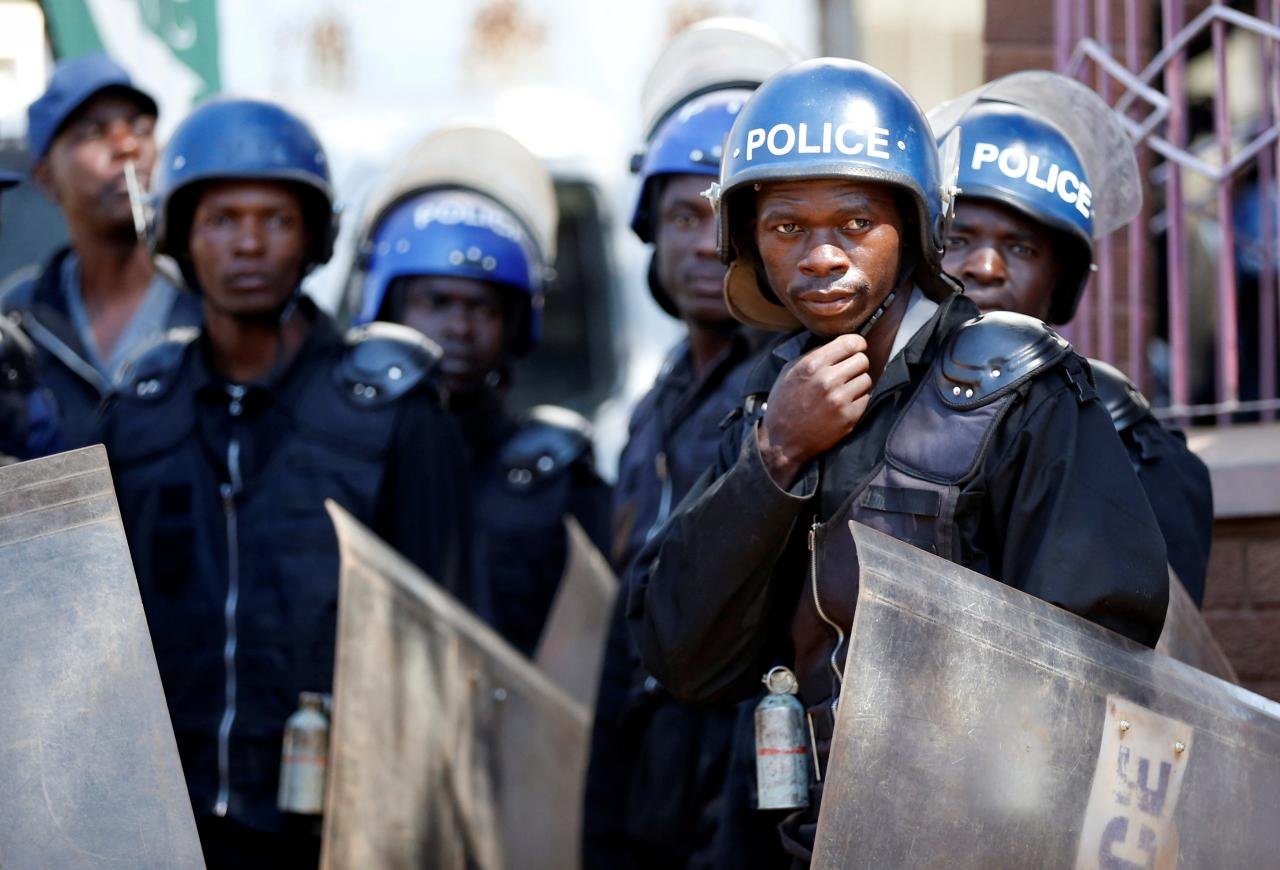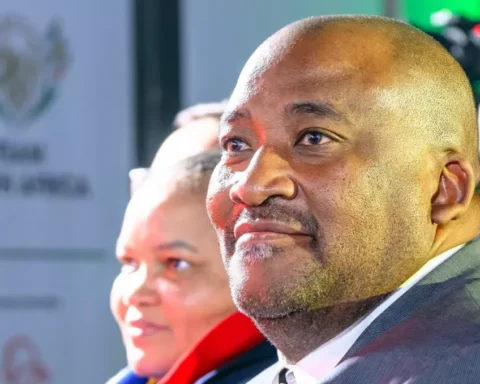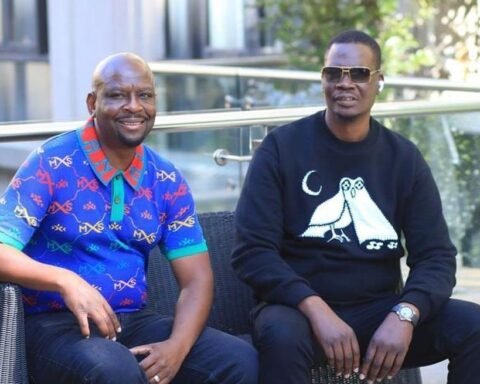As Zimbabwe prepares for general elections, the country’s law enforcement agency, the Zimbabwe Republic Police (ZRP), has defended its bans on some political gatherings, stating that such decisions would have been taken based on the grounds that the actors failed to comply with the law.
The opposition, led by Nelson Chamisa’s Citizens’ Coalition for Change, has accused the ZRP of taking a partisan approach in allowing the ruling party’s gatherings while barring the opposition’s gatherings. According to Chamisa, the CCC has had 62 of its meetings banned since the party’s formation a year ago, in what analysts have described as growing intolerance by President Emmerson Mnangagwa’s administration.
National police spokesperson Paul Nyathi clarified that some parties were not complying with the law and that notifying the regulatory authority was not the same as complying with the provisions of the law. Nyathi spoke at a media engagement meeting convened by the Media Institute of Southern Africa-Harare Chapter.
“These are the ones who enforce Mopa [Maintenance of Peace and Order Act] when it comes to notification. People always think that when there is a notification, then they think everything is there. No. You also need to understand that once you have put in your notifications, you have to work with these regulating authorities (Dispols) in terms of the security,” Nyathi said.
Critics say the police have always given Zanu PF, the ruling party, the nod to hold its political meetings, sometimes at short notice, yet the opposition has not been treated similarly. While the constitution guarantees freedoms of assembly and association, opposition meetings have often been frowned upon, they say.
The ZRP has eight districts in the capital city, each led by a chief superintendent known as a Dispol, who enforces the Maintenance of Peace and Order Act. The Act requires that the convener shall give notice of the gathering in writing signed by him or her to the regulating authority for the district in which the gathering is to be held. It also requires information such as the purpose of the gathering, the time, duration, and date of the gathering, the place where the gathering is to be held, and the anticipated number of participants.
The government replaced the Public Order and Security Act with the Maintenance of Peace and Order Act ostensibly as part of its political reforms, but critics doubt the letter and spirit of the law in opening up the democratic space.
Zimbabwe is expected to hold general elections by the end of August this year, at a time when political temperatures are slowly rising.








